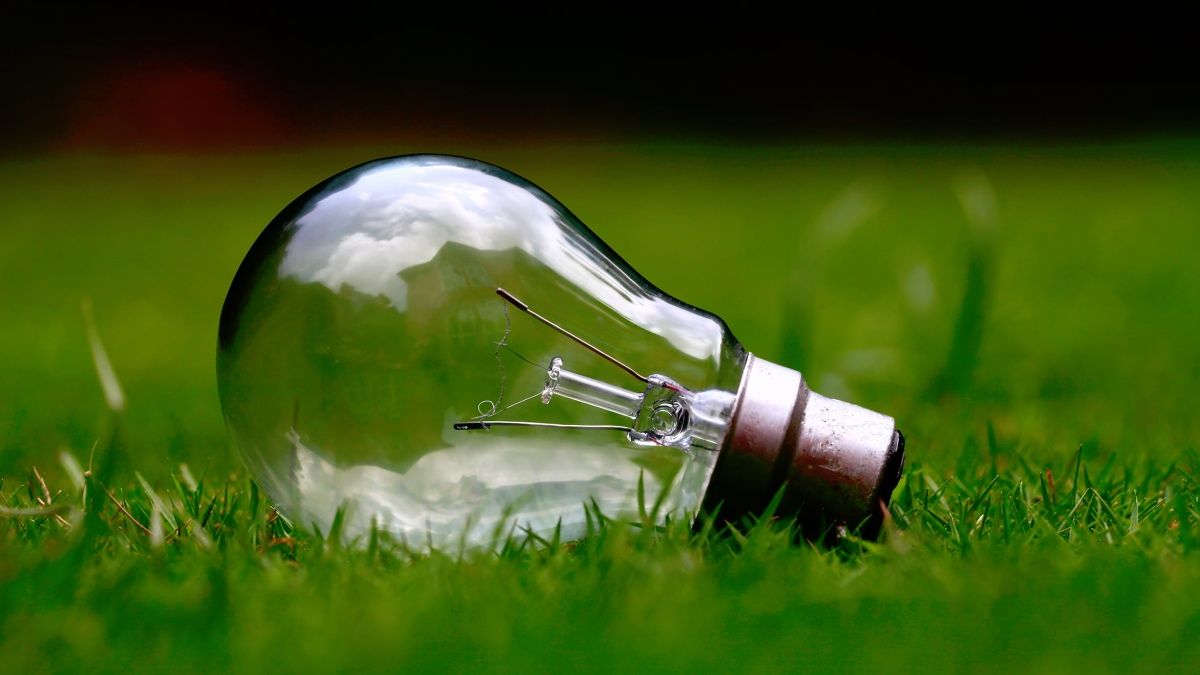Sustainability of our team

Our team's commitments to sustainability
02. 03. 2020
Working on a project with climate as a main topic presents us with a major challenge; to reduce the negative environmental impact of our own scientific work. We take responsibility for our behaviour in our day-to-day operations in terms of sustainability and for our working practices as measured by the ecological footprint criterion. That is why we set out the following sustainability and climate protection rules and objectives for our Centre. We hope that by doing so, we will
- contribute to the emerging debate on the topic of sustainability of work in the Czech academic environment;
- pilot specific methods of sustainable academic work in order to evaluate and potentially apply them in future throughout our Institute;
- set an example and inspiration for other workplaces of the Czech Academy of Sciences, to which our experience can be of benefit.
We want to strengthen our commitments in the future and, based on our experience and real and legal possibilities, to refine them and add new ones. In the future, we also want to open and discuss more challenging issues, such as optimising the supply and use of energy in the workplace, the role of sustainability criteria when purchasing materials and services, and integrating the principle of sustainability with the criteria for assessing new projects and their implementation.
Internal rules for mobility
We only travel when necessary. We try to substitute travelling, where possible, with modern means of communication for enabling virtual meetings, such as group calls, video calls and video conferences. We favour train travel over air or road travel. Air travel, as well as the use of a car by a single person, is permissible only on the basis of an individual assessment and justification, which include a comparison with other travel options regarding their availability (travel time, number of transfers) and costs, taking the principle of economy into account.
Rules for refreshments at events and conferences
At events organized by the Centre for Climate Law and Sustainability, we strive for a predominantly meatless offer, avoiding exotic, non-seasonal ingredients and products imported from afar. We do not use disposable tableware or water or other drinks in PET bottles. We try to prevent waste, including in particular excess packaging; we sort waste.
Rules for resources and publications
When buying literature, we prefer electronic versions of journals and books. When publishing our own publications by the Institute of State and Law, we provide free electronic versions online; we publish printed publications only when appropriate to meet the specific objectives of our projects.
Sustainable workplace
We are looking for ways to save electricity (purchasing LED lightbulbs, energy-saving appliances and PC equipment) and water, and operate an environmentally-friendly workplace (e.g. environmental-friendly cleaning products). Before purchasing new PC technology, we always consider upgrading the existing equipment first. We only print working materials, if necessary, and use recycled paper. We record public events and place the recordings on our website so that it is not essential to come to an event as it can be accessed online instead.

